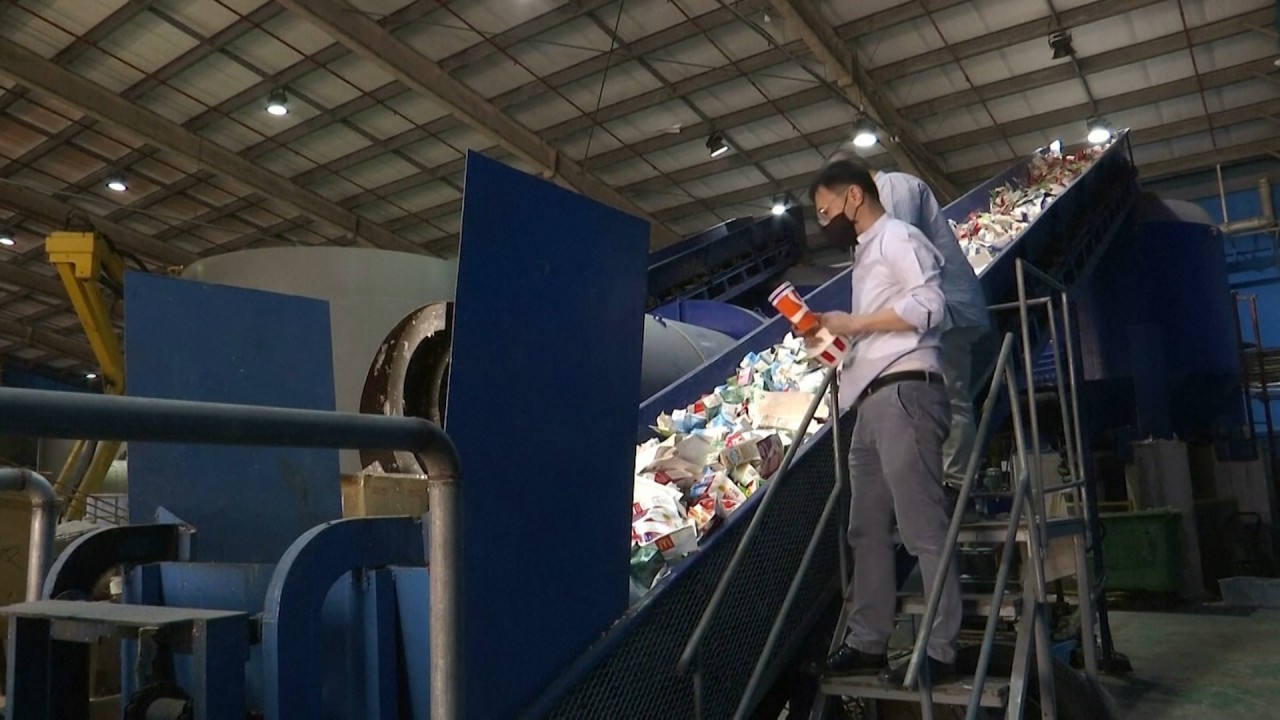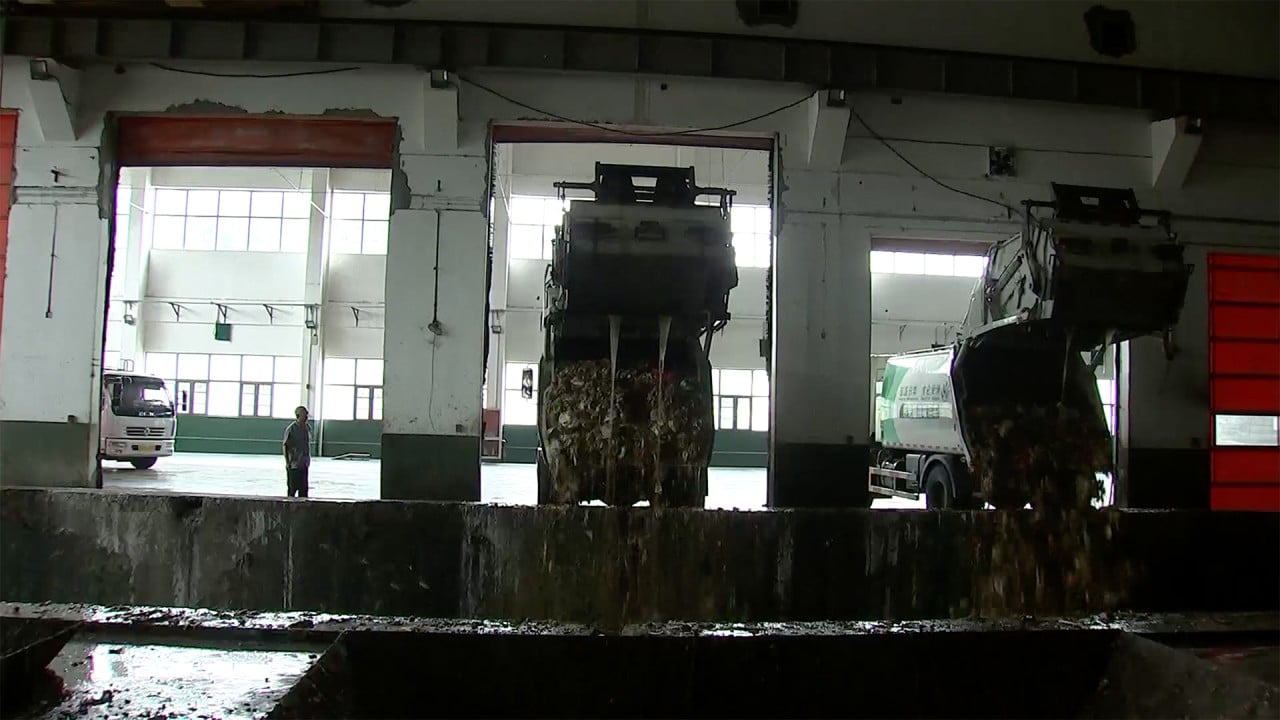
Why a 5 cent bottle recycling rebate makes more sense for Hong Kong
- Research suggests that a rebate of 5 cents can get over 70 per cent of consumers to recycle. Anything higher will push up administrative and operational costs
A 2020 survey of over 1,000 Hong Kong residents showed that small incentives could sway them to start recycling. This research, conducted on behalf of Drink Without Waste, found that 41 per cent of consumers would recycle plastic bottles regardless of incentives (as long as they can trust the recycling network), with 33 per cent indicating that a rebate of 5 cents would trigger them to return their empty bottles.
This implies that a rebate of 5 cents can get over 70 per cent of consumers to recycle. Attaching an explicit financial value to recycling makes it worth the effort.
There is more evidence that small incentives work. Under a pilot scheme subsidised by the Recycling Fund, we are experimenting with a 5 cent payment for collectors and cleaners who bring plastic bottles to commercial recycling outlets and trucks. That is about the same value as for metal cans.
Volumes are growing quickly and well surpass our projections. About 400,000 foreign domestic workers, building and street cleaners, as well as informal waste collectors, are working tirelessly to keep recyclables moving through the territory: cardboard, aluminium cans and other metals. Plastic bottles and drink cartons will move too once a value is attached.
While higher values will help get more packaging back, research shows that increasing the rebate beyond 5 cents yields diminishing returns in terms of convincing more citizens to change their recycling behaviour.
Not only is this expensive in view of the collection network density required, on their own reverse vending machines cannot stave off all fraud. Germany, for example, needed to introduce sophisticated print marks on the packaging to deter fraudsters.
In its consultation paper, the government already estimates a hefty recycling fee of 40 to 55 cents per container, on top of the proposed 10 cent rebate value. As we are operating in a competitive market, these costs will inflate consumer prices by 65 cents.
Our research suggests that 5 cents is a good starting point. It is close to the scrap value of clean used plastic bottles arriving at a recycling factory. As for used aluminium cans which earn around 3 cents each, we can expect a large majority of bottle returns to happen at recycling stores and trucks. This will help keep the cost of operating the scheme low. We estimate operational costs per container to be closer to 20 cents for a 5 cents rebate value, or a total of 25 cents.
The key is for the government, stakeholders and the community to work together to ensure we meet the recycling targets at the lowest possible cost. Practically, once a rebate value is officially initiated in the market, it is hard to take it back down.
Paul Zimmerman is chairman, and Helga Vanthournout senior adviser, at Drink Without Waste, an initiative of the Single Use Beverage Packaging Working Group, a broad coalition of drink producers, bottlers, retailers, recyclers and NGOs




